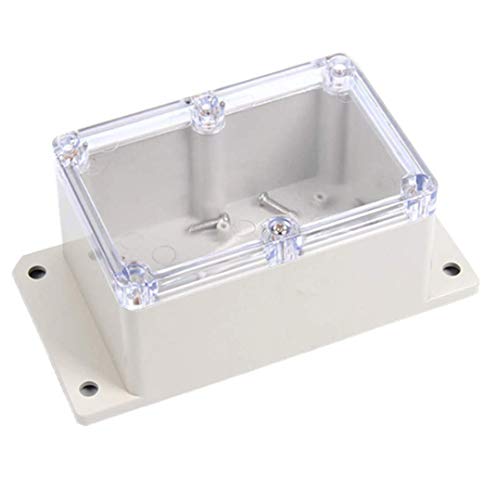Hi,
I'm a DIY in the middle of Egypt, no easy access to parts. I know a little about electrics, but that's a dangerous thing!
I have a floor-standing fan [pic attached] with 3 speeds + off. On the lowest setting the fan is way too powerful for my needs and quite noisy. My bad, I should have bought a smaller one.
'
My question is: can I slow it down by adding a resistor near the switch?
I attempted a fix which I detail below, but it didn't work. I'd also be interested to know why it didn't.
This is what I did:
1) I disassembled switch. Found that the 3 speeds seemed to be connected to 3 different wires going to the motor, plus 1 neutral. I didn't open the motor itself [it was welded or glued shut].
2) Whilst fan disconnected, I measured resistance between each wire and the neutral. The resistances were in the range of 30-70 ohms. I had no idea why these values did not match the stated wattage (70W; V^2/R = 70, R should = 768.
3) I disassembled an old piece of electronics and found a 1k Ohm resistor. Figured this ought to slow the thing down.
4) I soldered this resistor in series with one of the wires coming from the switch.
5) Turned fan on, the resistor burst into flame and the fan stopped.
6) Removed resistor, fan now working as originally.
I reckon now that the resistance measurement while the fan is off is probably useless, since the circuit is AC whose capacitors/inductors that don't figure well into Ohm's law.
But even given this, I wouldn't have predicted that the 1k resistor would just burst into flame. Is this because of a start-up capacitor suddenly delivering a lot of energy into it?
Any comments appreciated!
Tim

I'm a DIY in the middle of Egypt, no easy access to parts. I know a little about electrics, but that's a dangerous thing!
I have a floor-standing fan [pic attached] with 3 speeds + off. On the lowest setting the fan is way too powerful for my needs and quite noisy. My bad, I should have bought a smaller one.
'
My question is: can I slow it down by adding a resistor near the switch?
I attempted a fix which I detail below, but it didn't work. I'd also be interested to know why it didn't.
This is what I did:
1) I disassembled switch. Found that the 3 speeds seemed to be connected to 3 different wires going to the motor, plus 1 neutral. I didn't open the motor itself [it was welded or glued shut].
2) Whilst fan disconnected, I measured resistance between each wire and the neutral. The resistances were in the range of 30-70 ohms. I had no idea why these values did not match the stated wattage (70W; V^2/R = 70, R should = 768.
3) I disassembled an old piece of electronics and found a 1k Ohm resistor. Figured this ought to slow the thing down.
4) I soldered this resistor in series with one of the wires coming from the switch.
5) Turned fan on, the resistor burst into flame and the fan stopped.
6) Removed resistor, fan now working as originally.
I reckon now that the resistance measurement while the fan is off is probably useless, since the circuit is AC whose capacitors/inductors that don't figure well into Ohm's law.
But even given this, I wouldn't have predicted that the 1k resistor would just burst into flame. Is this because of a start-up capacitor suddenly delivering a lot of energy into it?
Any comments appreciated!
Tim
































































